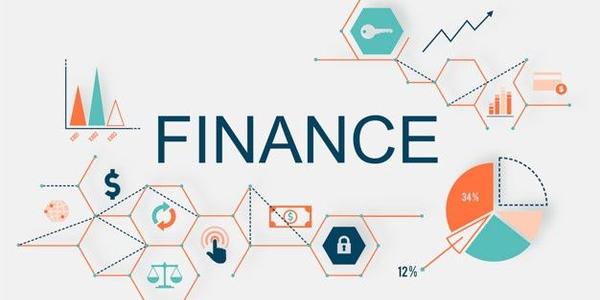Introduction
The U.S. Commodity Futures Trading Commission (CFTC) may not like election betting, but only Congress — not the regulator — has the authority to ban it. This assertion was argued by Kalshi in a recent court filing. Kalshi is currently engaged in a legal battle with the CFTC, which previously attempted to block certain event contracts that allowed traders to bet on which political party would control the House or Senate after the November elections.
The Background of Kalshi’s Legal Battle
Kalshi is an embattled prediction market provider that offers bets on various political outcomes. In September 2023, the CFTC attempted to block Kalshi from listing certain event contracts that permitted traders to place bets on which party would control the House or Senate following the elections.
The regulator argued that these contracts involved "gaming" and activities that were unlawful under state law and therefore contrary to the public interest. However, Kalshi contested these claims in court, arguing that the CFTC had exceeded its statutory authority by attempting to regulate prediction markets.
The Legal Battle Continues
In response to the CFTC’s actions, Kalshi filed a lawsuit against the regulator, alleging that it had exceeded its statutory authority and violated the Administrative Procedure Act (APA). Kalshi argued that the CFTC had "concocted a Goldilocks definition of ‘gaming’ that reaches bets on ‘contests’ (including elections) but no other contingent events — is arbitrary, outcome-driven gerrymandering with no basis in statute."
The case proceeded to the U.S. District Court in Washington, D.C., where Judge Jia Cobb sided with Kalshi. In granting summary judgment to the prediction market provider, she rejected the CFTC’s interpretation of the Commodity Exchange Act (CEA) as "much too broad" and vacated the agency’s order blocking Kalshi’s contracts.
The Regulatory Challenge
Following Cobb’s ruling, the CFTC sought to appeal her decision. However, she declined to allow the regulator to temporarily block election-related event contracts. On appeal, a U.S. federal appeals court also declined to grant the CFTC’s request for a temporary restraining order, concluding that the regulator had provided "no concrete basis" to conclude that election contracts could harm the public interest.
The Latest Developments
Now, the CFTC is officially appealing Judge Jia Cobb’s ruling. The appeal comes as the regulator attempts to expand its definition of "gaming" to include ‘political contests.’ If this ruling is upheld, it would effectively ban election betting in the United States.
Kalshi’s Legal Brief and Arguments
In its brief filed last week, Kalshi reiterated its arguments made to the lower court. The prediction market provider argued that the CFTC had exceeded its statutory authority by prohibiting bettors from placing bets on future elections. Kalshi’s lawyers asserted that Congress is free to add "elections" to the list of enumerated activities under the Commodity Exchange Act, thereby authorizing the CFTC to prohibit election prediction markets. However, they argued that Congress has not taken this step.
Closing Thoughts
The case highlights the complex interplay between regulation and innovation in the financial sector. While Kalshi’s prediction market provides valuable insights into market sentiment, it also raises important questions about the limits of regulatory control over gambling activities like betting on elections.
As the legal battle continues, it will be crucial to see whether the U.S. Supreme Court can provide clarity on the scope of the CFTC’s authority in this rapidly evolving landscape.
